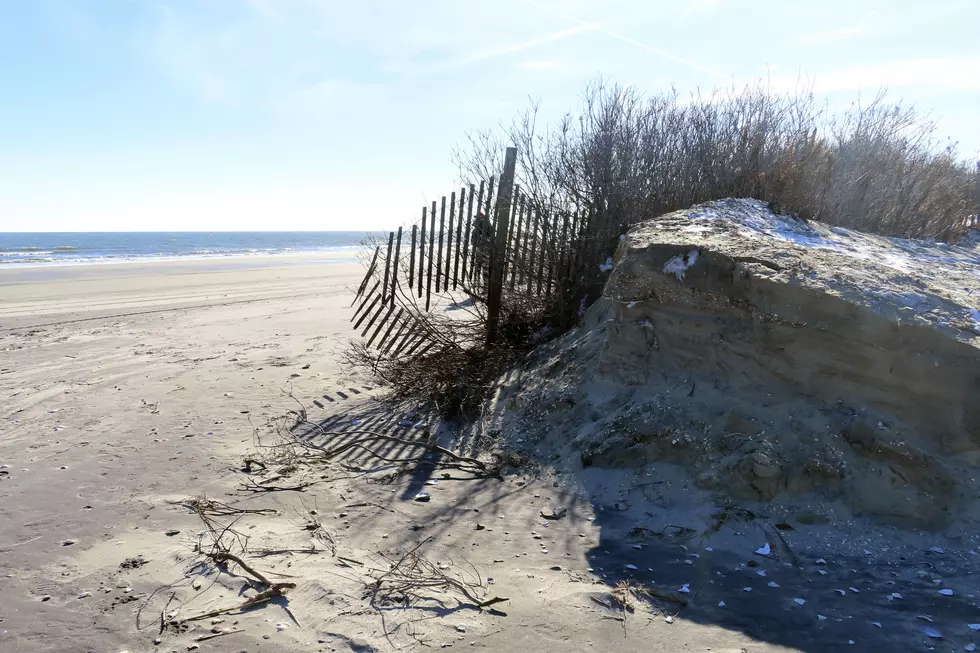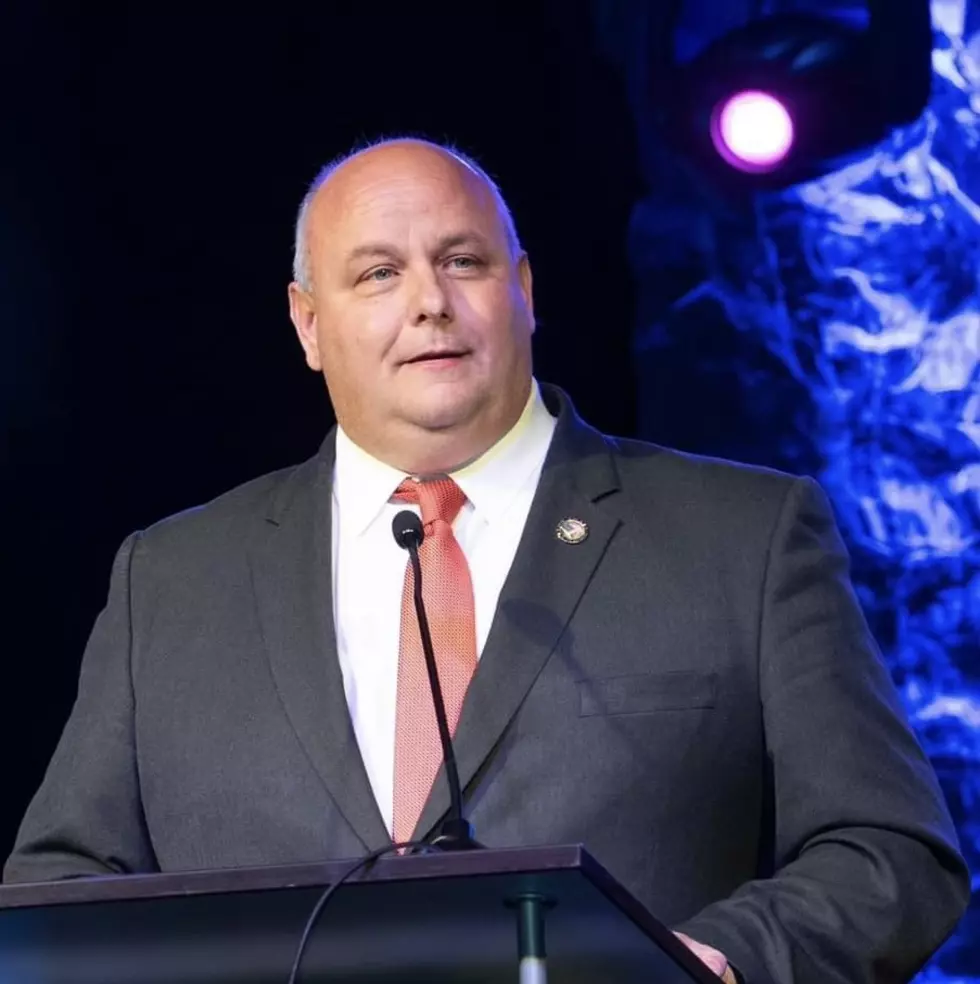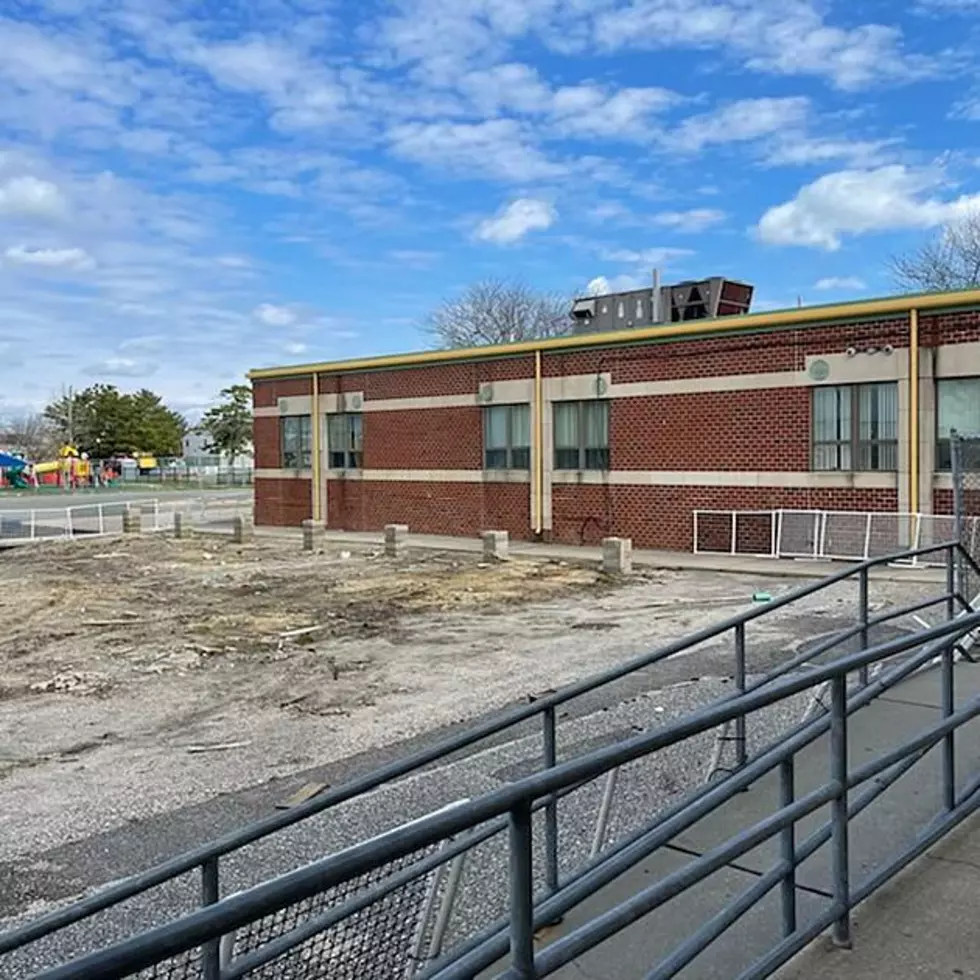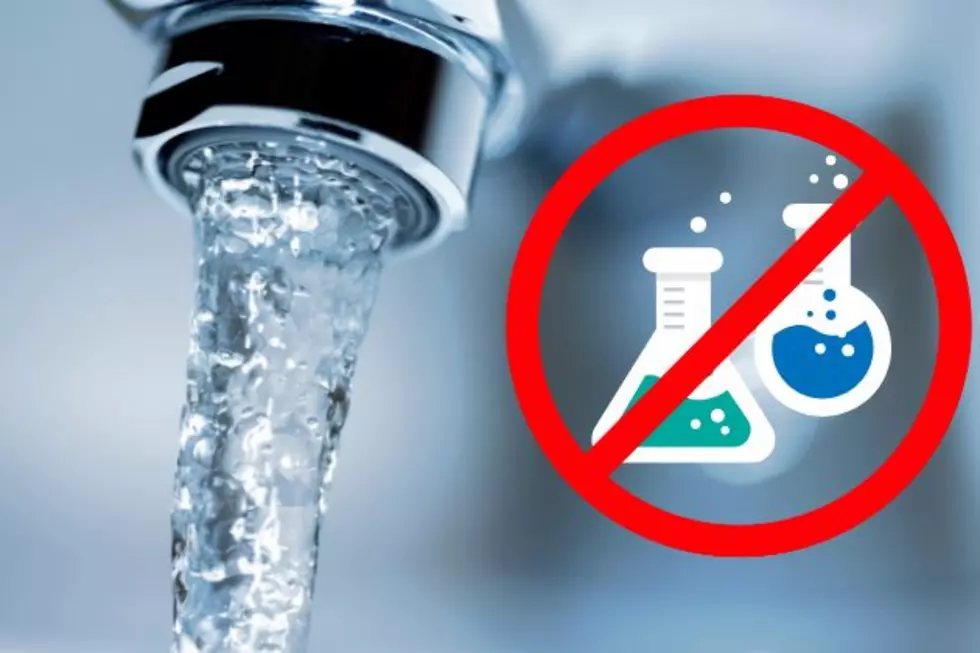
Report Says Increase, Expand NJ Sales Tax — You Won’t Notice It
TRENTON — The latest suggestion for how New Jersey can find extra tax collections for its imbalanced budget is focused on the sales tax – including returning the rate to 7 percent to generate more than $600 million more for the state.
Sheila Reynerston, senior policy analyst for New Jersey Policy Perspective, said the cut in the sales tax to 6.625 percent, which was adopted along with the hike in the gas tax, amounts to less than $2 a week for middle-class families.
“People don’t feel the effect of the sales tax cut, but we certainly do at the state budget level,” Reynerton said.
“The sales tax decrease was a gimmicky tax policy that no one asked for, and reversing it back to its original rate will largely go unnoticed,” she said. “But it will absolutely not go unnoticed in the state coffers, where it’s desperately needed.”
The NJPP report also recommends applying the sales tax to more services. New Jersey last broadened the sales tax in 2006, boosting collections by over $400 million a year by applying it to services like computer software, delivery charges, some landscaping, health club memberships and more.
“We could be looking at professional services like accounting and bookkeeping, and those provided by architects and attorneys and engineers, as well as services that are predominantly used by upper income households like investment counseling, interior decorating, private club membership fees, chartered flights, those kind of things,” Reynertson said.
The report also recommends reinstating the sales tax on limousine services, which was eliminated last spring.
It makes a few suggestions about collecting more taxes from online sales, such as levying it on Airbnb rentals – an idea then-Gov. Chris Christie vetoed last year after it was approved by the Legislature – and purchases through online travel companies.
It also recommends that the state boost its sales tax collections by copying a Colorado law that requires online retailers to remind customers, when they reach the shopping-cart page in their purchase, that they likely owe sales tax to the state.
“Then the out-of-state retailer has to send a report of some major purchases to the state so that the state can take the initiative to seek payment,” Reynertson said.
Federal law prohibits states from collecting sales tax from out-of-state retailers that don’t have a physical presence in the state. People are obligated to pay the tax directly to their state government, but most don’t.
The report also recommends reversing a sales tax cut on boats and yachts adopted in 2016.
Gov. Phil Murphy talked about other tax increases as a candidate, though none related to the sales tax. Those other ideas are getting a frosty reception from the Democratic Legislature, despite its earlier willingness to pass tax hikes that were typically vetoed by Christie.
Reynertson says that despite lawmakers’ sudden reluctance on taxes, the state budget needs ideas for new revenue.
“Keep throwing things at the wall until something sticks. If it’s not the millionaires’ tax, then let’s revisit the estate tax. If it’s not the estate tax, let’s revisit the sales tax code,” Reynertson said. “There are other avenues to create new revenue. We can’t just depend on cutting, cutting, cutting. We desperately need to have a balanced approach to getting New Jersey back on its feet.”
Murphy will introduce his budget proposal March 13. He signed a law Wednesday delaying it by two weeks, which is traditionally done for first-year governors.
More From WPG Talk Radio 95.5 FM










